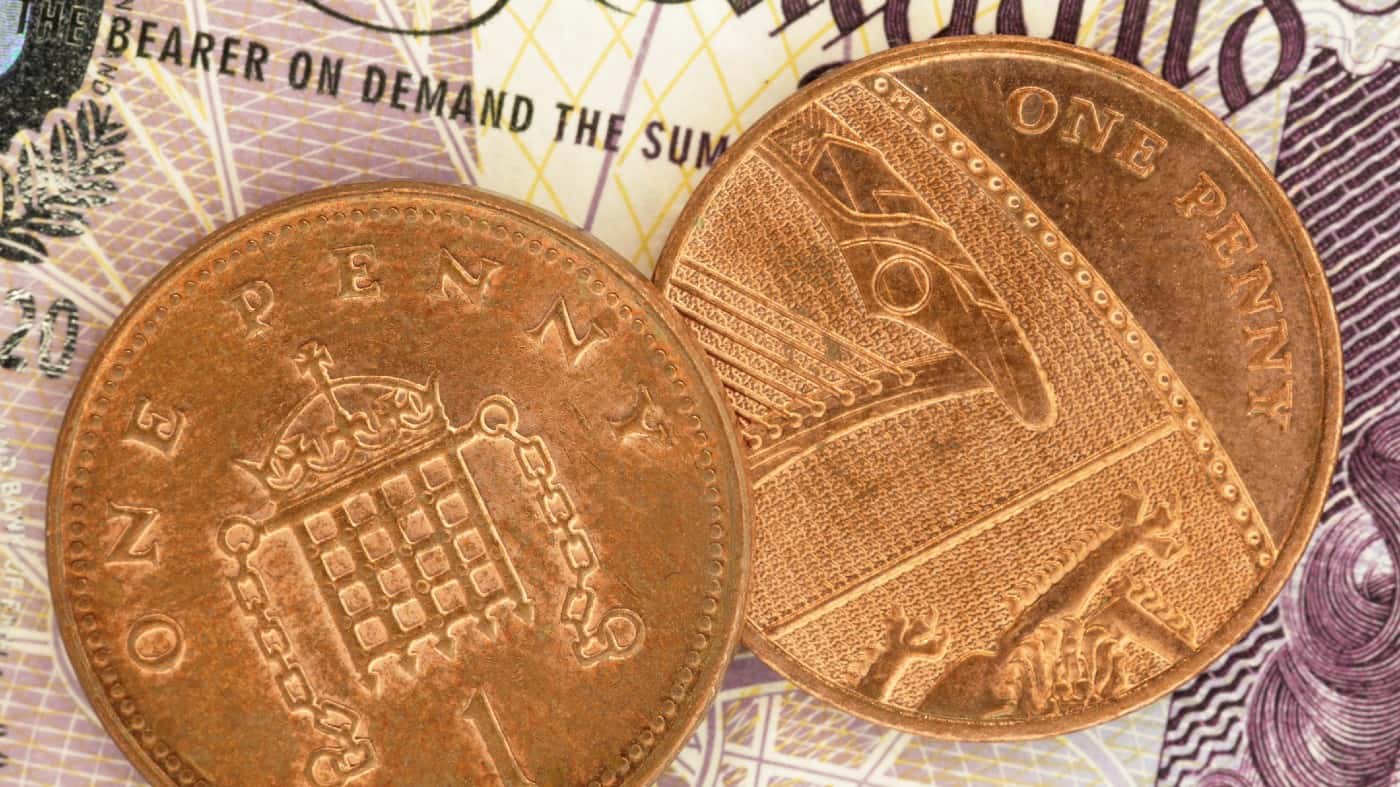Finding winning penny stocks can be quite hard. Apart from the general challenges and risks of investing in such small businesses, the lack of coverage among analysts and financial news makes them hard to discover in the first place. Yet with so much data being used to train AI models like ChatGPT, some investors have begun using these tools to discover under-the-radar companies.
So, with that in mind, I recently asked ChatGPT what it believes is the best penny stock currently listed on the London Stock Exchange. The answer: Kodal Minerals (LSE:KOD).
A winning penny stock?
At a market cap of £78m and a share price of just 0.392p, Kodal Minerals definitely meets the criteria for being a penny stock. Yet unlike many other micro-cap stocks in this category, Kodal’s shares have surprisingly been fairly stable.
Its beta – a measure of volatility versus an index like the FTSE 100 – is just 0.9. For reference, most penny stocks typically have a beta of around 2.5. Furthermore, over the past five years, the share price has actually gone up almost 900%.
So far, ChatGPT seems to be on to a winner. But what does this business actually do?
Digging deeper
Kodal is an exploration company focusing on developing lithium and gold mining projects across West Africa. According to ChatGPT, the firm is entirely debt-free and has just reached profitability in 2024. That’s a pretty rare achievement, especially for such a small business operating within the highly capital-intensive natural resources industry.
However, it seems that ChatGPT may have made a critical error here. Kodal doesn’t actually have any active revenue streams, so how can it be profitable?
In 2024, the firm reported net income of £27m. Yet on closer inspection, all of this came from a revaluation of its equity stake in a mining project that has yet to reach the production stage. In other words, the gain only exists on paper due to accounting rules. And it’s also why cash generated from operations was actually in the red by over £3.3m.
What about the debt-free balance sheet? It’s true that Kodal doesn’t have any outstanding loan obligations. Normally, that’s a sign of a healthy business. However, in this case, the likely cause is simply that debt financing is either too expensive or unavailable for the company. Don’t forget that taking on debt demands regular interest payments, which is pretty tough for a firm with no positive cash flows.
Instead, Kodal has been relying on equity financing, which is why the number of shares outstanding has more than doubled over the last five years. As previously mentioned, mining exploration and development is expensive, and extreme equity dilution shouldn’t be a surprise.
Is there any potential?
ChatGPT’s penny stock pick seems questionable in my eyes, not to mention exceptionally risky. But to Kodal’s credit, the business does have some exciting potential ahead. Just earlier this year, it achieved its first lithium concentrate production with its Bougouni project. And everything goes according to plan, commercial production could begin in 2025 as well, paving the way to a much-needed revenue stream.
Overall, I think Kodal is definitely a stock worth watching this year.





